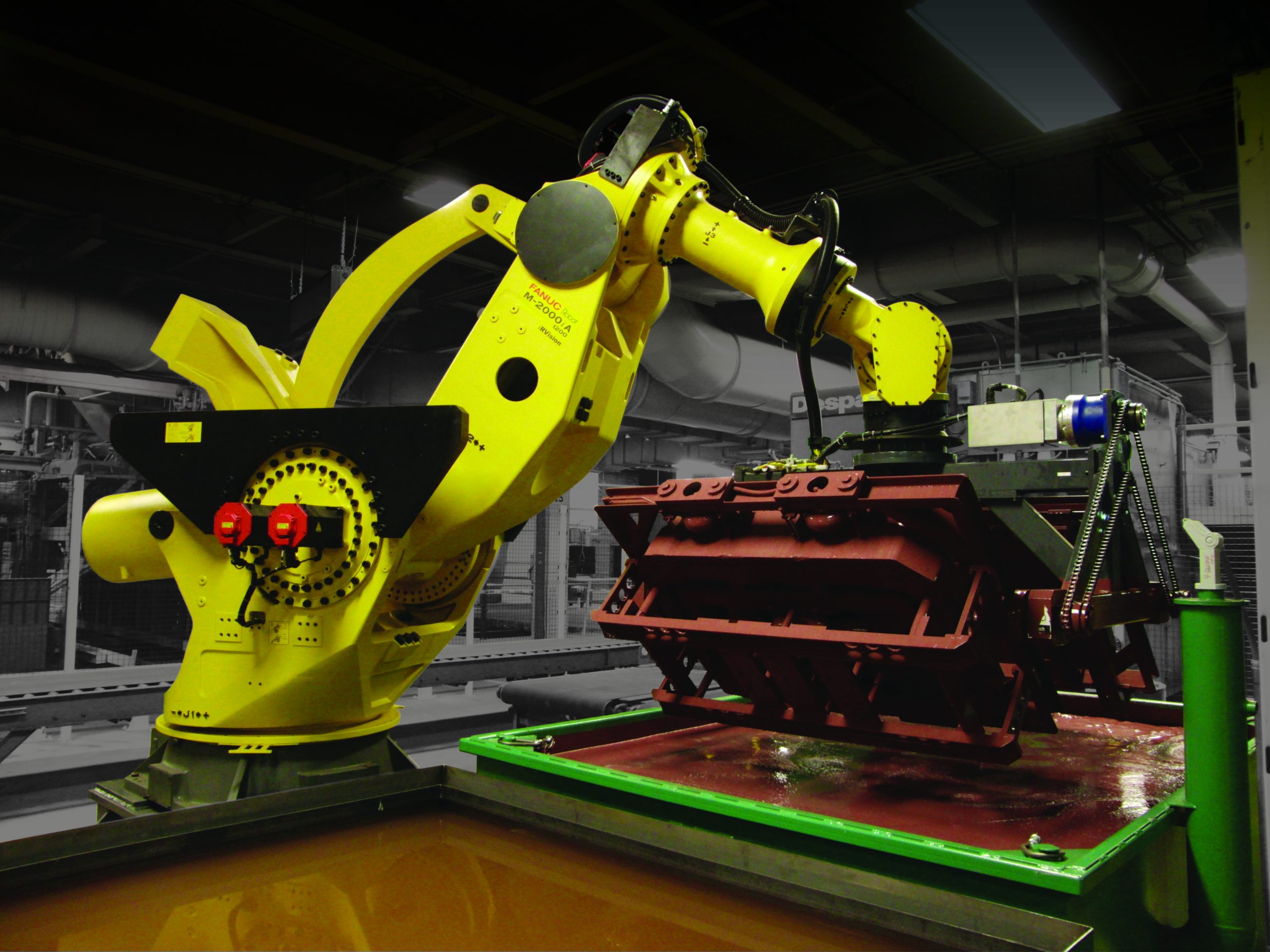Industrial robotics and robots have emerged as the most important innovation and efficiency driver in today’s ever-changing manufacturing landscape. The incorporation of robotics into manufacturing has revolutionized this industry. It provides a range of benefits to businesses seeking to increase productivity and quality or increase competitiveness. Manufacturing robots play an important part in the near future of manufacturing as the demand for automation continues to grow.

Manufacturing robots, also referred to as industrial robots, are specialized devices designed to accomplish different tasks in the production environment. These tasks can include welding, painting, assembly, packaging and picking and more. Industrial robotics is the field which studies and utilizes these robots to maximize efficiency and accuracy in manufacturing operations.
Automated Solutions Australia is one of the businesses at the leading edge. They specialize in industrial robots that provide flexible automation for manufacturing customers. ASA industrial manufacturing robots seek to provide clients with an advantage in their market by increasing their productivity and quality. With a particular emphasis on the best practices, the industrial robotics solutions offered by ASA are sought after by businesses worldwide in numerous industries, which include electronics, automotive pharmaceuticals, among others.
Industrial robots have many benefits. One of the main benefits is increase in efficiency and productivity. Industrial robots are able to perform repetitive tasks with accuracy and a consistent manner. This results in higher production rates as well as shorter time-to-cycle. This improves overall efficiency and allows businesses to efficiently satisfy the demands of consumers.
Industrial robots are also a part of higher quality control throughout manufacturing processes. Because they can perform tasks with precision and reliability, these robots minimize the margin of error, resulting in higher-quality products. This improves the satisfaction of customers and builds the company’s reputation as a supplier of superior quality goods.
In addition to their efficiency and quality, industrial robots have cost-saving benefits. While the initial investment in manufacturing robots may seem substantial, the long-term cost savings are significant. Businesses can quickly recover their cost of operation by streamlining production, and eliminating the need for human labor. Industrial robots are also able to run 24/7, maximising the utilization of resources, and driving down per-unit production costs.
Another compelling advantage of industrial robots is their impact on working settings. They produce very low levels of noise, which create an environment that is quieter and more comfortable for workers. Their accuracy and speed make for a safer work environment by reducing the risk of injuries and accidents caused by manual job.
The integration of industrial robotics can play a significant role in the creation of jobs and the future of work. Although there are concerns that robots will displace human workers, industrial robotics are actually creating new jobs. These opportunities include roles associated with robot programming maintenance, oversight, and supervision, as well and the development of novel technologies to support robotic manufacturing.
The manufacturing industry is continuing to recognize the benefits of industrial robots. Businesses across a variety of sectors are gaining the benefits of this revolutionary technology. With its ability to enhance efficiency, quality, and cost-effectiveness, industrial robotics is reshaping how products are produced and establishing new standards of quality and efficiency in the business.
Conclusion: The rise of industrial robots and manufacturing robots represents an evolution in the industry of manufacturing. The combination of these innovative technologies allows businesses to attain unprecedented levels of productivity efficiency, precision, and competitiveness. As the use of automation continues to increase, industrial robots will play a key part in shaping the manufacturing future, driving innovation and propelling companies to success in the global market.
Leave a Reply